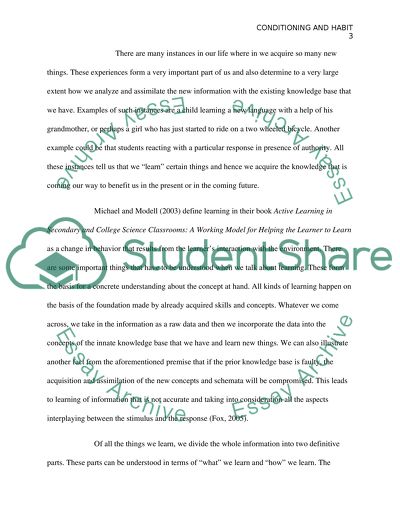Cite this document
(“Conditioning and habit Research Paper Example | Topics and Well Written Essays - 1500 words”, n.d.)
Retrieved from https://studentshare.org/family-consumer-science/1421051-conditioning-and-habit
Retrieved from https://studentshare.org/family-consumer-science/1421051-conditioning-and-habit
(Conditioning and Habit Research Paper Example | Topics and Well Written Essays - 1500 Words)
https://studentshare.org/family-consumer-science/1421051-conditioning-and-habit.
https://studentshare.org/family-consumer-science/1421051-conditioning-and-habit.
“Conditioning and Habit Research Paper Example | Topics and Well Written Essays - 1500 Words”, n.d. https://studentshare.org/family-consumer-science/1421051-conditioning-and-habit.


